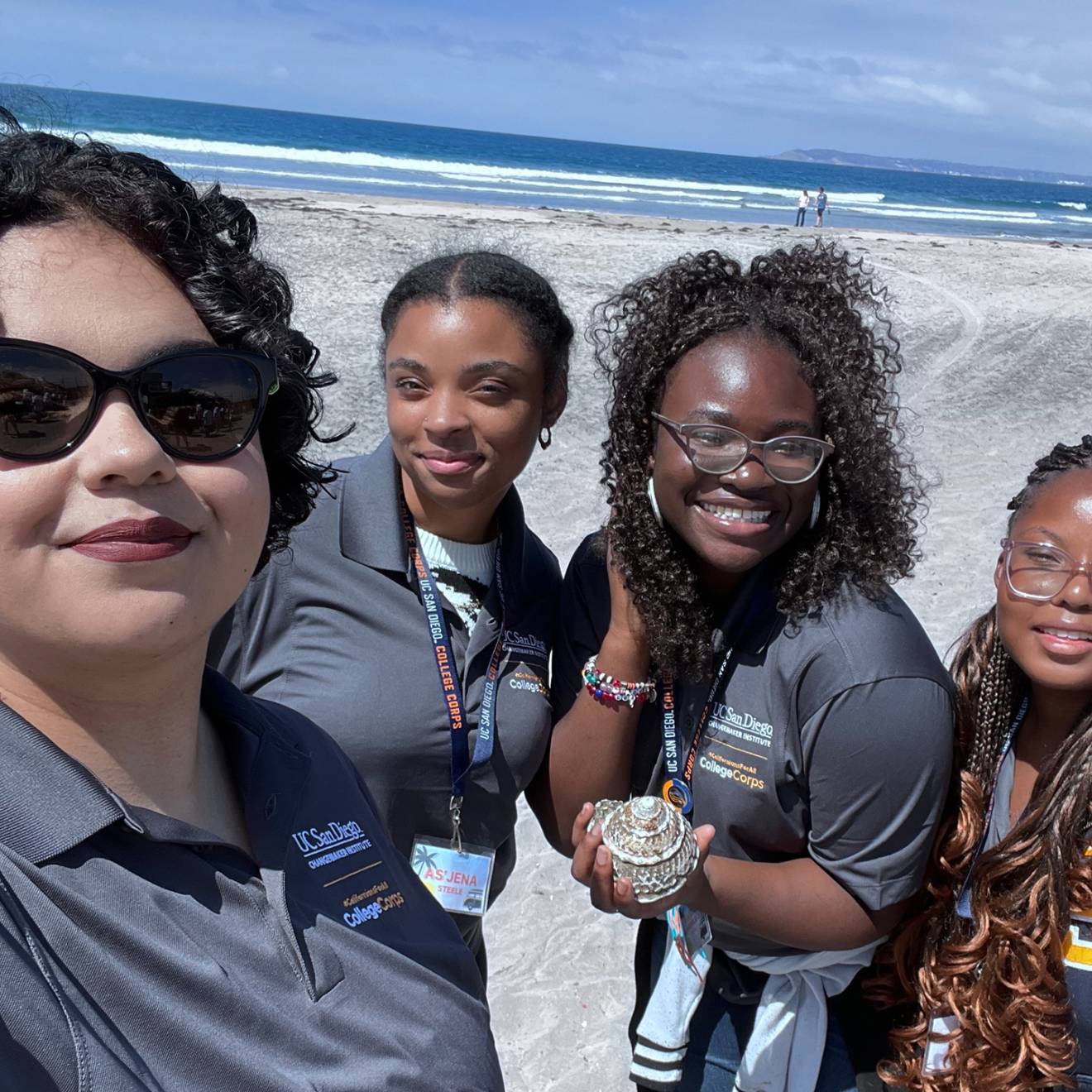Breanna Ramos, UCLA

The UCLA Luskin School of Public Affairs will open the application period for the Food Studies Graduate Certificate Program starting today (Feb. 1). The program is open to all UCLA graduate students and selected applicants will begin taking classes in fall 2016.
Food equity, security and environmental sustainability are growing global concerns, and there is an increased interest in developing programs to alleviate such issues, specifically within the University of California system. The certificate program falls under UC President Janet Napolitano’s Global Food Initiative, which was launched in 2014 to address “…one of the critical issues of our time: how to sustainably and nutritiously feed a world population expected to reach eight billion by 2025.”
“It shouldn’t be an issue for people to get healthy foods or for us to worry about whether or not we’re going to have healthy foods in the future,” said Alexis Oberlander, project manager for the program at the Luskin School. Oberlander is just one of the many staff members who strongly supports food studies’ importance and participated in developing program details.
“That’s part of what’s most exciting, having people from the North and South campuses: from English, dentistry and all over,” said public health professor May Wang. “We can’t really talk about food without addressing all these other social, economic and even political aspects.”
The program requires that participants take courses in multiple fields. Among the four graduate-level courses students must take, one must be a core interdisciplinary class that was specifically designed for the program. The other three courses can be chosen based on personal preference and selected from the following categories: Food Policy and Food Systems, Nutritional Science, and Social and Cultural Aspects of Food.
“The hope and intention of the program is that it’ll bring students together across all disciplines to think about the complex issue that is food in our country today,” said Sarah Roth, graduate student researcher for the program. “Bringing together law, business, public policy, urban planning and public health students into the same room so that they can both understand one another’s perspective and use that understanding to leverage change.”
Applications will become available in February, with about 10 participant slots available. The program is expected to attract students from various disciplines.
“A passion for food is the critical component for applying,” said Oberlander. “Applicants should express any ideas that they have about how they’re going to use food studies in their education and future careers because that’s our goal: supplementing their education, so that they can go into the working world with their certificate and apply it to whatever they’re doing.”
Events have been planned to attract not only potential students, but to educate others about why studying food is crucial. A calendar of campus events relevant to food studies also is available online at: http://luskin.ucla.edu/content/food-studies-event-calendar.
“What we really want to do is create good food citizens,” said UCLA law professor Michael Roberts, lead instructor for the core course. “What ‘good food citizens’ means is that we’ve got people in the community who understand and appreciate food and who can improve the conditions, the consumption, and or production of food in the local community and beyond.”
For more information on the program and other food studies related resources, visit the certificate website at: http://luskin.ucla.edu/foodstudies.

